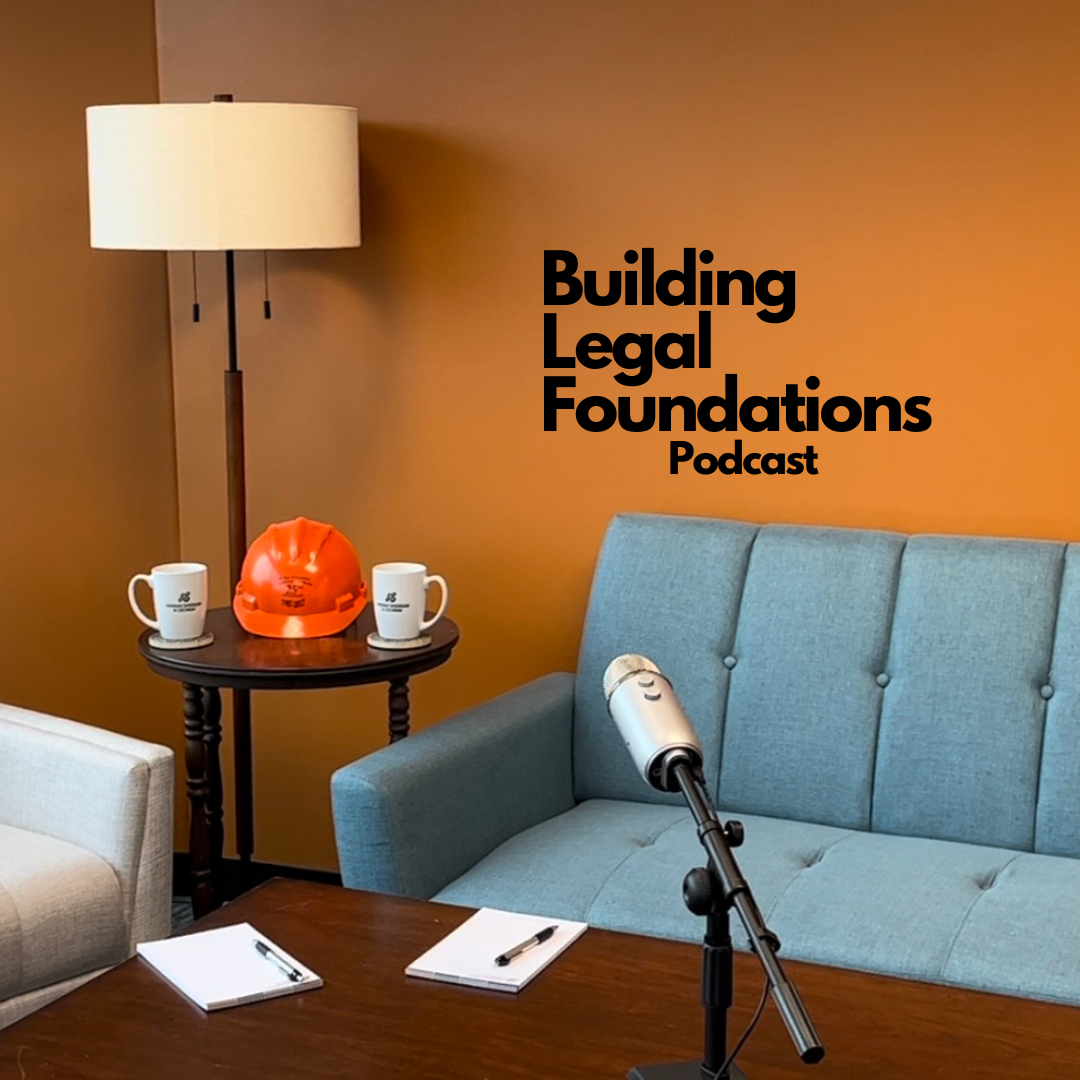Hannah Sheridan & Cochran's own podcast, previously available via Spotify, is now available to listen…
HOW DO CREDIT BUREAUS GET THEIR INFORMATION?
Have you ever gotten a judgment against someone and then wondered how it gets to Equifax, Transunion, and Experian? Or had information appear on your credit report which has nothing to do with you? I share a name with my mother, can you imagine how messed up my credit report is? Thank heavens Mom’s credit is nearly perfect!
If you ever go to a courthouse, you will note folks sitting at the public computer terminals or at a table with their own laptop and lots of court files. These individuals are paid by the credit reporting agencies to obtain and upload all new judgments in that county. Since court files do not contain “Red Flag” information – social security numbers, birthdates, or even full names, the information obtained is only so reliable. Imagine your name is John Smith and you live in Wake County or Mecklenburg County. The risk of a judgment against another John Smith becoming attached to your credit report is significant.
It is important that you check your credit report frequently. Federal law requires each of the agencies to provide one free report per year. If you space out your requests, that means you can check a report every four months. Set a schedule and keep it. If you are a debtor or creditor and a judgment does not appear on the report, it does not mean the judgment is not in place, just that it either did not get picked up or is on someone else’s credit report. Few creditors actually report judgments or negative actions to the credit bureaus and so, creditors generally cannot remove information from those reports. They can and will answer inquiries regarding the status of a judgment if approached.


